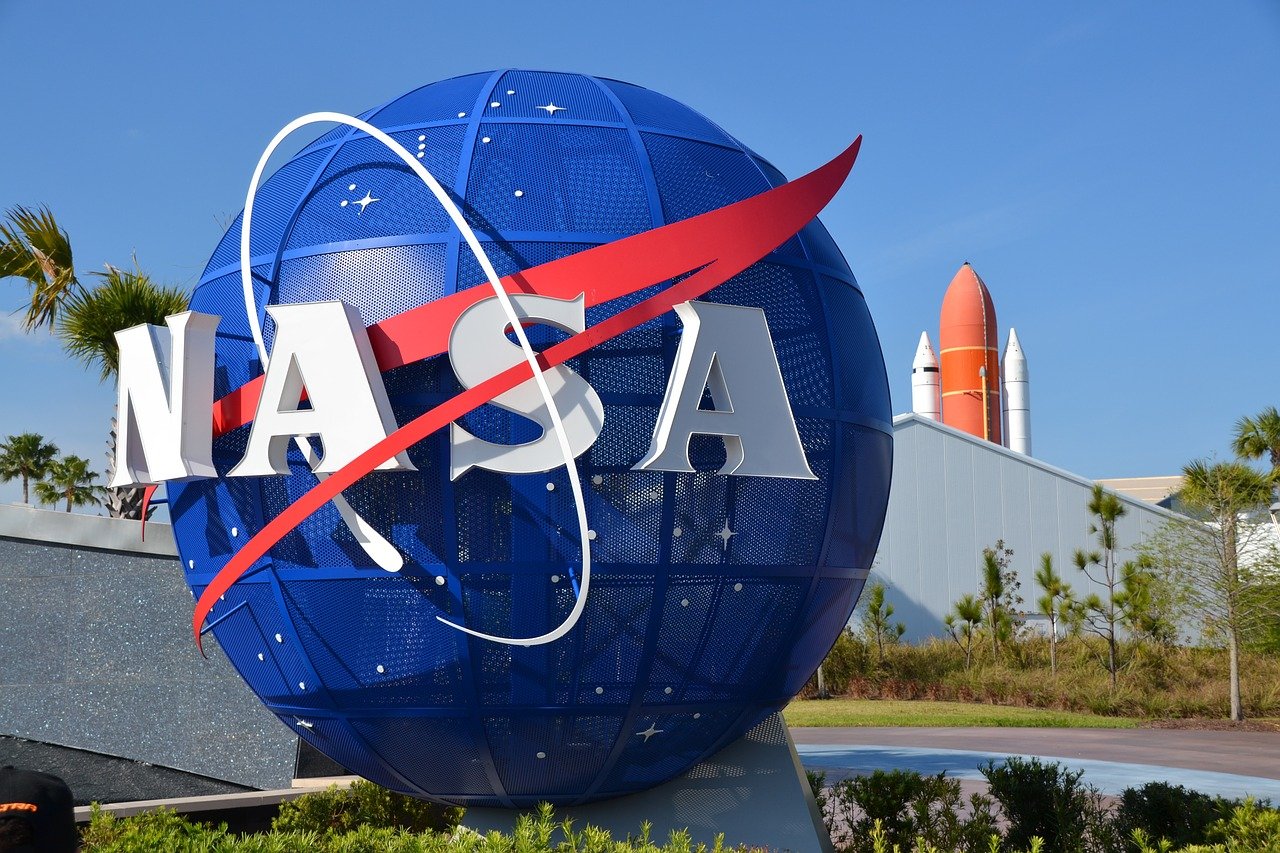Science News Roundup: NASA orders rare medical delay in launch of SpaceX mission to space station; In Chile's Atacama desert, stargazers search for alien life and 'dark energy'
NASA said the issue was "not a medical emergency and not related to COVID-19," but the space agency declined to elaborate on the nature of the problem or say which astronaut was involved. In Chile's Atacama desert, stargazers search for alien life and 'dark energy' In Chile's dry Atacama desert, stargazers are scanning the clear night skies to detect the existence of life on other planets and study so-called 'dark energy,' a mysterious cosmic force thought to be driving the accelerating expansion of the universe.

Following is a summary of current science news briefs.
NASA orders rare medical delay in launch of SpaceX mission to space station
NASA announced on Monday a rare, health-related delay in its SpaceX rocket launch of four astronauts to the International Space Station, the second postponement of the mission in a week, citing an unspecified medical issue with one of the crew. NASA said the issue was "not a medical emergency and not related to COVID-19," but the space agency declined to elaborate on the nature of the problem or say which astronaut was involved.
In Chile's Atacama desert, stargazers search for alien life and 'dark energy'
In Chile's dry Atacama desert, stargazers are scanning the clear night skies to detect the existence of life on other planets and study so-called 'dark energy,' a mysterious cosmic force thought to be driving the accelerating expansion of the universe. Central to the race to peer into distant worlds is the Giant Magellan Telescope (GMT), a $1.8 billion complex being built at the Las Campanas observatory and which will have a resolution 10 times higher than the Hubble space telescope.
(This story has not been edited by Devdiscourse staff and is auto-generated from a syndicated feed.)
- READ MORE ON:
- International Space Station
- Chile
- NASA
- Atacama desert
- Atacama
ALSO READ
Chile must provide solid legal framework for exercise of cultural rights
A Soyuz capsule carrying 3 crew from the International Space Station lands safely in Kazakhstan
Chile president recalls ambassador in Venezuela for consultations
Output from Chilean copper miner Codelco dips 1.6% in February
Chile cenbank: stronger dollar, global prices could stir higher inflation










